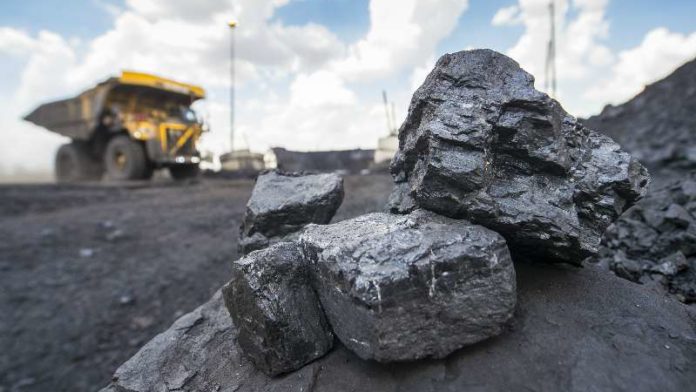
GLENCORE will say next week whether it will proceed with plans to demerge and separately list its coal business.
Commenting in the group’s second quarter and half year production report, Glencore CEO Gary Nagle said the company was consulting with shareholders regarding the proposed split.
The proposed demerger of coal was in line with what other mining companies have been doing with their coal. The strategy also seemed to reflect investor wishes, especially as opposition to Glencore’s Climate Action Transition Plan grew. Now, however, coal is now viewed by the market as a cash cow that Glencore should keep.
Glencore shareholders also appear to have recently changed their attitude to the group’s Climate Plan. Only 10% of shareholders opposed it at Glencore’s 2024 AGM compared to 30% of shareholder opposition a year earlier.
“We expect to be able to announce the outcome of such engagement and the decision of the board regarding the potential demerger alongside our interim results next week,” said Nagle.
Plans for a demerger of Glencore’s coal were hatched last year as part of the $6.9bn acquisition of EVR, the coal assets of Canada’s Teck Resources.
Added EVR’s production, Glencore said its full year guidance had been upgraded to between 19 million tons (Mt) and 21Mt compared to previous guidance of seven to nine million tons.
Nagle said Glencore would play catch up on production in the second half after period-on-period comparisons showed lower interim output for copper and cobalt (African Copper division) and zinc. Ferrochrome production was also 16% lower year-on-year as Glencore waited on price improvements before firing up its Rustenburg smelter in South Africa.
“As anticipated, 2024 is expected to be a year of two halves, whereby the tracking of our year-to-date production versus guidance is expected to be caught up during the second half of the year,” said Nagle.
The coal price has returned to slightly above its historic averages in the last year but the invasion of Ukraine by Russia in 2022 shed fresh light on the developed world’s reliance on baseload power over renewables.
But there are other reasons why Glencore may choose to keep its coal in-house.
According to a report by Morgan Stanley, shareholders are concerned Glencore’s proposed split from coal would “introduce significant uncertainty”. They doubt whether Glencore’s base metals would attract a sufficiently high enough rerating, partly because copper in the portfolio is diluted by less compelling zinc and nickel production, said the bank.
Glencore’s interim results, which are scheduled for August 7, are also likely to see Nagle tackle questions about the group’s merger and acquisition strategy. Before buying EVR, Glencore had a bid for Teck Resources turned down by the Canadian firm’s anchor shareholder, the Keevil family.
However, Teck is in the crosshairs of several other companies including Vale, Rio Tinto and even Anglo American, itself the target of a proposed takeover by BHP in April and May which Anglo repelled. According to Bloomberg News the growing interest in Teck as a takeover target illustrates mining company appetite for more copper production.











